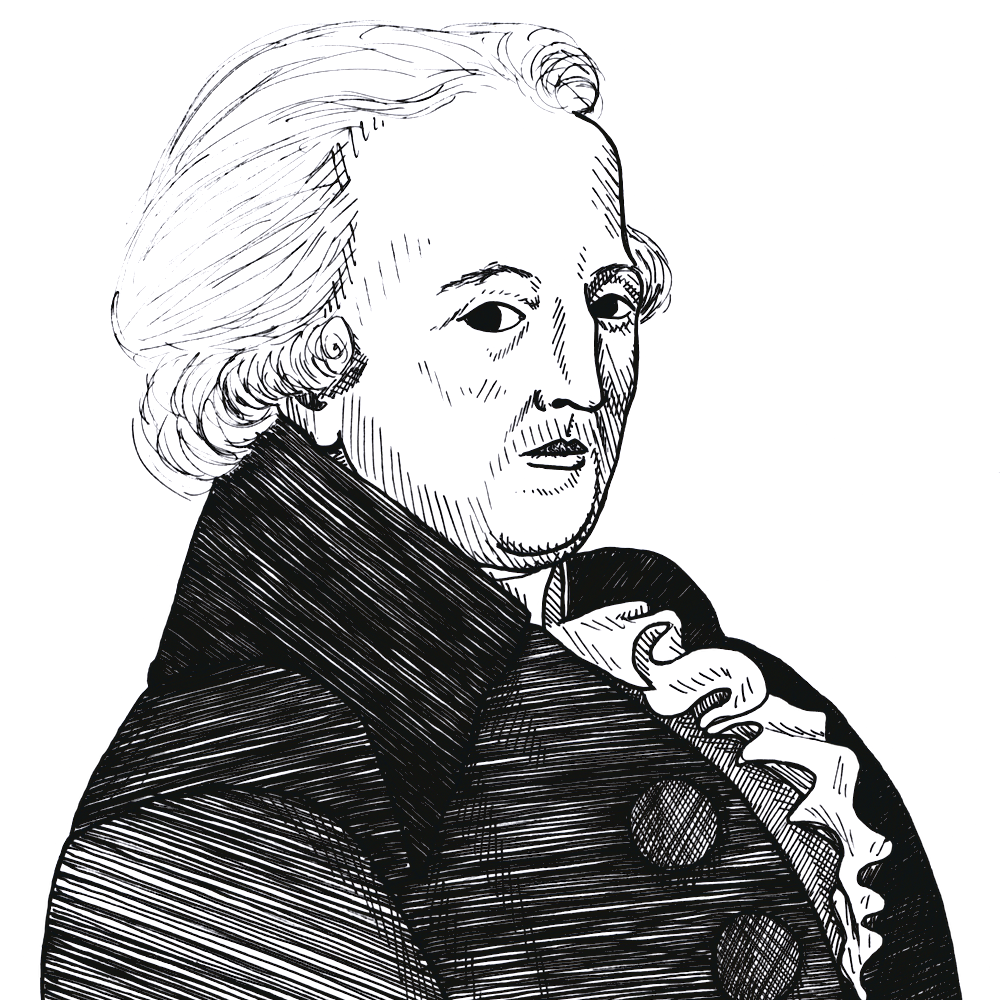
Condorcet on why the French revolution was more violent than the American (1794)
Found in: Outlines of an historical view of the progress of the human mind
While in prison possibly awaiting execution during the Terror, Condorcet wrote a history of the progress of humanity. In Epoch Nine he notes how the American Revolution influenced the French but explains why the French was more violent:
Revolution
It was more complete, more entire than that of America, and of consequence was attended with greater convulsions in the interior of the nation, because the Americans, satisfied with the code of civil and criminal legislation which they had derived from England, having no corrupt system of finance to reform, no feodal tyrannies, no hereditary distinctions, no privileges of rich and powerful corporations, no system of religious intolerance to destroy, had only to direct their attention to the establishment of new powers to be substituted in the place of those hitherto exercised over them by the British government. In these innovations there was nothing that extended to the mass of the people, nothing that altered the subsisting relations formed between individuals: whereas the French revolution, for reasons exactly the reverse, had to embrace the whole economy of society, to change every social relation, to penetrate to the smallest link of the political chain, even to those individuals, who, living in peace upon their property, or by their industry, were equally unconnected with public commotions, whether by their opinions and their occupations, or by the interests of fortune, of ambition, or of glory.